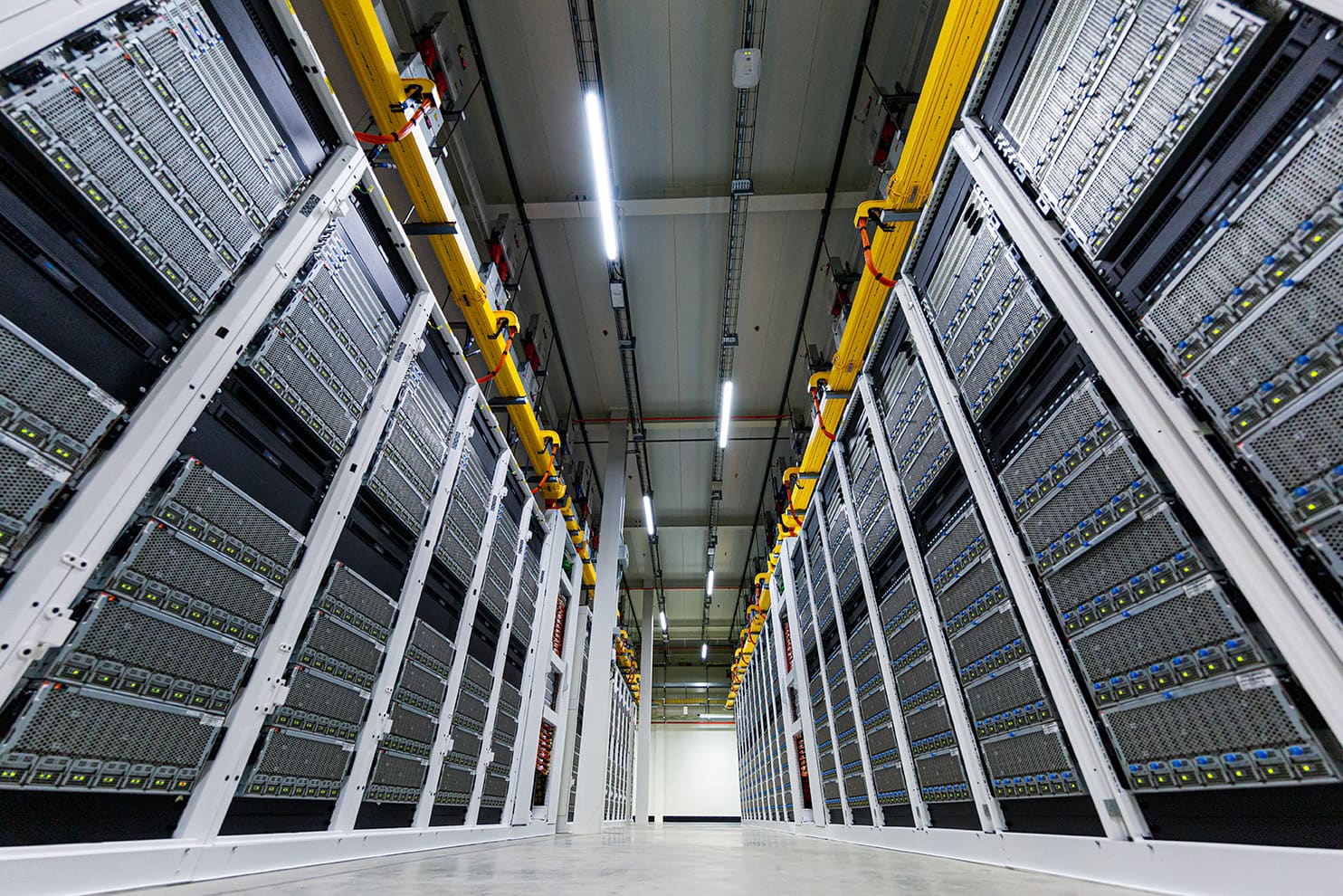The industry association states that there were no significant incidents in the data centers and reaffirms Spain’s position as a digital hub, although experts call for caution until the full technical report of the event is known.
After the power outage that affected the entire Iberian Peninsula on April 28, the Spanish Association of Data Centers (Spain DC) issued a statement highlighting that data centers in Spain maintained their operations without critical incidents, thanks to the effective activation of generators and backup systems.
According to the organization, which groups the main operators in the sector in the country, the incident has served to demonstrate the maturity and resilience of Spanish digital infrastructure, ruling out any possibility that it could hinder the investment wave the sector has experienced in recent years.
“Normalcy, within the exceptional circumstances, is the best evidence that the Spanish digital ecosystem is prepared for critical scenarios,” Spain DC states in its note.
A resilient infrastructure… with logistical lessons
While data centers avoided interruptions, challenges were identified in the fuel supply for the generators, especially due to the duration and extent of the outage. In some cases, emergency agreements or previously scheduled refuelings were utilized to ensure operational continuity.
Spain DC emphasizes not only the role of operators but also that of service companies, maintenance providers, manufacturers, and infrastructure suppliers, highlighting that resilience is a collective effort.
Spain as a digital hub: continuity and message to investors
The statement underscores that Spain continues to be a strategic location for data centers, thanks to its geographical position, underwater connectivity, and competitive energy mix. According to Spain DC, operational continuity during the outage reinforces confidence in the sector and should not negatively affect the attraction of investments from global players.
In 2024, the sector attracted over €1 billion in new projects, and the figure is expected to exceed €2 billion in 2025 with the expansion of operators like Merlin Properties, AWS, Equinix, KIO, NABIAX, or Digital Realty.
However, some experts call for caution
Despite Spain DC’s optimism, not all players in the ecosystem fully share that view. Some analysts and independent providers emphasize that until the official reports from ENTSO-E and Red Eléctrica are published, it is premature to rule out systemic consequences or future regulatory demands.
It has also been noted that, while major data centers showed good responsiveness, the growing energy demand expected in the coming years will require a more rigorous review of backup, refueling, and regional redundancy protocols.
“The main lesson is not that the system held up, but that we must prepare for much larger loads in an electrical system that is already showing stress,” notes an industry expert who prefers to remain anonymous.
A call for transparency and recognition as a key sector
Spain DC has also taken the opportunity to demand clarity about the causes of the outage and advocate for the official recognition of the data center sector as critical infrastructure essential to the country, as is already the case in other EU member states.
“We urge authorities to clarify what happened as soon as possible to provide certainty. Data centers are the cornerstone of the digital economy and need regulatory and energy stability to continue growing,” concludes the association.
Conclusion
The data center sector in Spain has successfully passed its first significant national stress test, but the incident on April 28 has opened the debate on long-term resilience, energy sufficiency, and digital expansion models.
As investments continue their course and infrastructure responds robustly, transparency, planning, and energy diversity will be key to consolidating an ecosystem prepared for the new era of data, AI, and global connectivity.
Source: SpainDC

